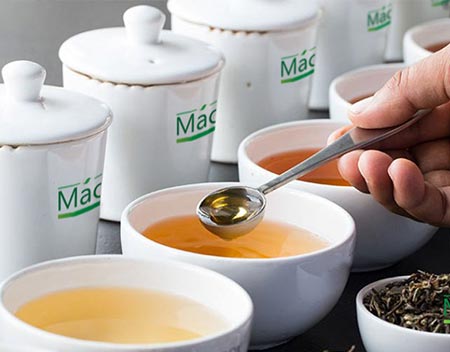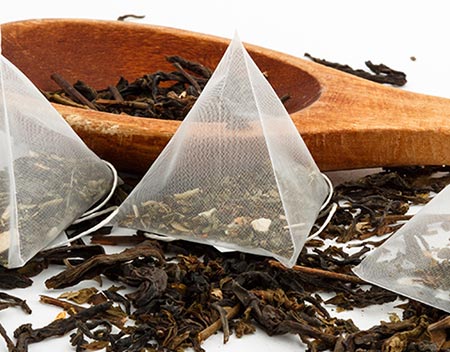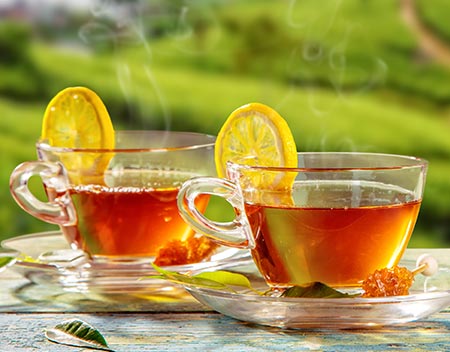
Tea & Health
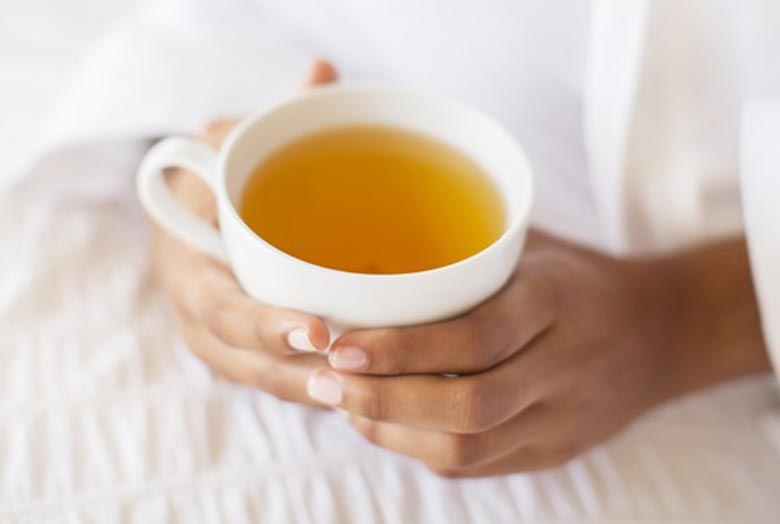


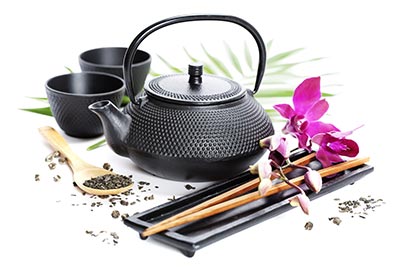
Which tea is good for health? Are tea drinkers healthier? Is drinking milk tea everyday healthy? These are some of the most frequently asked question with regards to tea and its consumption.
Drinking tea has many health benefits. But its benefits go far beyond just mere refreshment. There is plenty of research showing that drinking tea can actually improve your health.
Regarded for thousands of years in the East as a key to good health, happiness, and wisdom, studies have shown that certain teas have encouraged bringing about mental wellbeing and has attributed to weight loss, diabetes control to name a few.
In the near recent past we are bombarded through various platforms regarding what food and drink is good for us and what is bad especially if you are consuming certain food and drink in a constant fashion.
Well we can safely say that this magical brew which is centuries old has been in nothing but in a positive light at all times. Given below are a few health promoting ingredients.

The manganese and potassium in a cup of tea also helps maintain the body’s fluid balance. Besides these ingredients, tea contains a unique amino acid, theanine, which has a relaxing effect on humans and also assists the natural immune response to infection. The modest amount of caffeine in tea also acts as a mild mood enhancer.
The manganese and potassium in a cup of tea also helps maintain the body’s fluid balance. Besides these ingredients, tea contains a unique amino acid, theanine, which has a relaxing effect on humans and also assists the natural immune response to infection. The modest amount of caffeine in tea also acts as a mild mood enhancer.
Now here's the key advice It remains unclear whether the tea itself is the cause of these benefits and, if so, how it works its magic. The studies attempt to rule out the possibility that tea drinkers simply live healthier lifestyles, but it's difficult to be sure. That said, tea itself appears to have no harmful effects except for a case of sending a shiver down your spine when you have that magical brew. It fits in perfectly well with a heart-healthy lifestyle.







